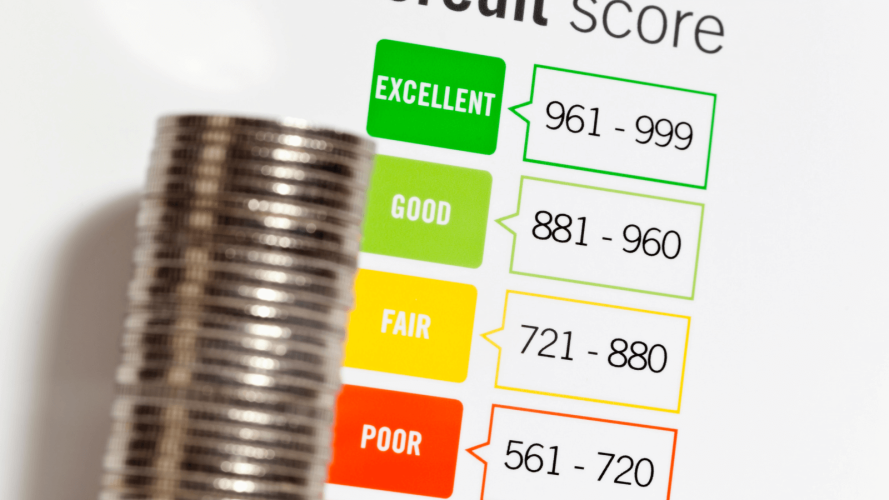How to Build Credit as a College Student
It’s important to start building credit as soon as you can. A history of handling money that’s been loaned to you demonstrates to potential lenders that you’re a responsible borrower. Establishing a good credit history can help you to be approved for loans at the best interest rates and terms and can also help you be approved by a cell phone provider, landlord or insurance company. Here’s how to build credit as a college student.
Your First Credit Card
Some companies have credit cards that are geared to people who haven’t yet established credit. Some credit cards are specifically targeted to college students and may include incentives such as rewards for good grades. An alternative to student credit cards is to obtain a secured credit card. This is a credit card that’s secured by money you deposit, so in essence, you’re borrowing your own money and proving to a potential lender that you’ll be responsible about paying it back.
Another way to establish credit history is by becoming an authorized user on one of your parent’s credit cards. This means you can use the card but you’re not expected to pay the bill. If you take this step, make sure the creditor reports authorized users to the credit bureaus. If the creditor doesn’t report to the credit bureaus, it won’t help you to build your credit.
Other Places to Start Establishing Credit
For many college students, their student loans may be the first form of credit they have. Most student loans don’t require payments until 6 months after leaving school, but if you start making payments sooner, it can reduce the amount of overall interest you pay and help you to begin building a credit history.
Car dealers may provide financing for vehicles for people who haven’t yet established credit. If you have someone that’s willing to be a cosigner on a personal loan, that’s another option for beginning to build credit. Lastly, credit builder loans are products specifically geared toward individuals who are trying to build their credit.
How Good Credit is Built
Once you have a credit card or loan, it’s important to always make your payments on or before the due date. If you fall more than 30 days behind, the late payment is reflected on your credit report and hurts your credit score. It can continue to impact your credit score for 7 years.
If you have obtained a credit card, avoid borrowing more than 30 percent of the credit limit. A great way to improve your credit score is by paying back the balance in full whenever possible. Avoid applying for new credit too often. Opening too many new accounts in a short period of time can be seen as a red flag by potential lenders and it can tempt you to overspend.
Check Your Credit Report
As you work to establish credit, keep an eye on your credit report to make sure there are no errors. If you find any errors, contact Dovly, an AI credit engine that can help you dispute any errors you find on your credit report. Try it risk-free with our free membership tier. Get in touch with Dovly today.



